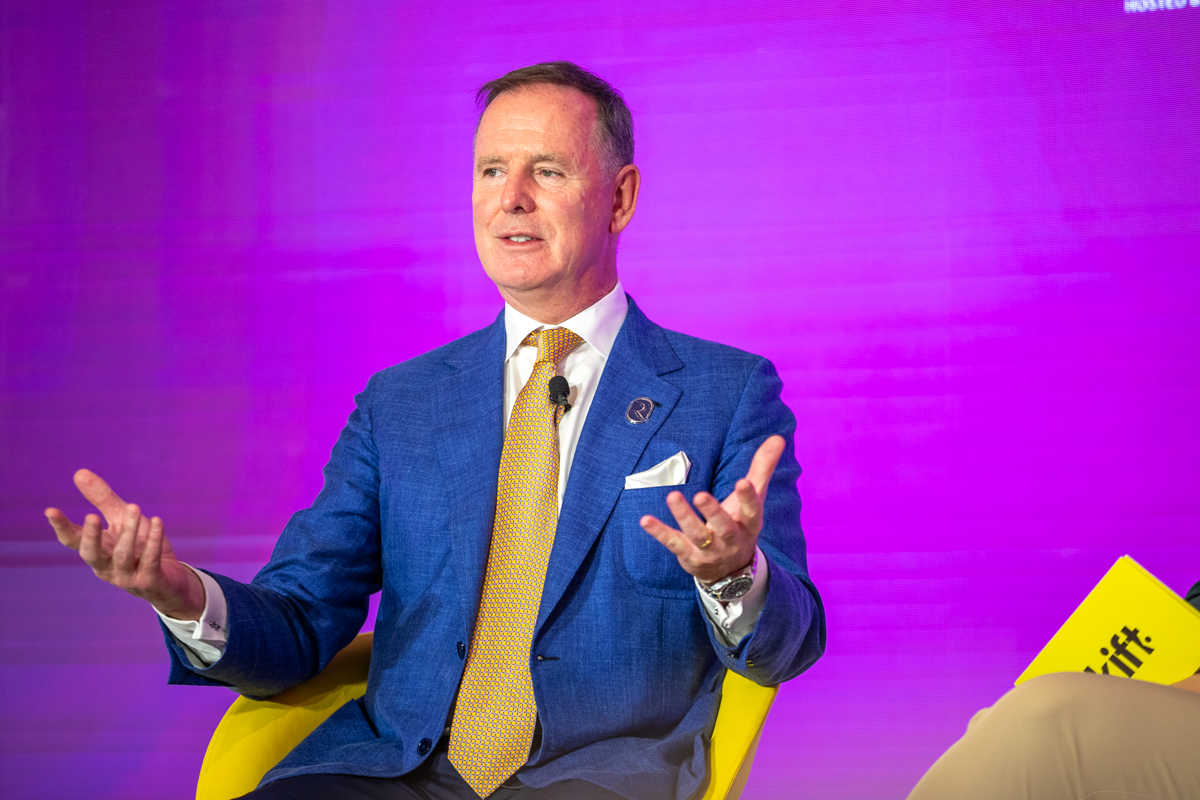Uganda Tourism Looks Outside Borders for Financial Help in Recovery

Skift Take
Uganda's tourism industry leaders are searching for international and private sector funding sources to support its recovery and realize its ambition as a competitive destination in East Africa. The pandemic left a hole in the industry too big for Uganda's government to fill.
The European Union in partnership with the Uganda Development Bank announced recently it would provide $1 billion Uganda shillings ($265,000) in grants and loans to eligible tourism businesses.
The Uganda Tourism Board recently called on private sector bankers at Uganda Bankers Association meeting on July 26 to support the tourism industry. At the conference, tourism industry leaders called for setting up a special tourism fund that will go toward rebuilding the tourism sector.
“The only way we can mitigate against the negative impact of Covid on the industry is by the banking sector and government coming up with a programme to stimulate recovery of the sector,” said Uganda Tourism Board Chairman Daudi Migereko at the meeting.
Uganda was devastated by the pandemic. Before the pandemic, the country had 1.6 million tourist arrivals per year, according to Uganda Tourism Board Senior Executive Marketing Office Daniel Irunga. In 2021, tourist arrivals totaled 521,000.
At least 70 percent of the industry’s workforce lost their jobs and 92 percent of tourism entities furloughed or downsized their staff, according to the Ministry of Tourism, Wildlife and Antiquities. “Facilities became dilapidated. They started to wear away and things like that,” Irunga said.
The focus is to bring back the tourism industry to full health. “Our strategy for now is to get back to the new statistics we had before the pandemic as we project to 2024 and 2025,” Irunga said. Uganda looks to have five million tourists a year by 2024.
The Uganda Tourism Board isn’t the only one in search of new funding sources. Tourism sectors around the world were devastated by the pandemic and have had to search for alternative sources of funding to support their rebuilding.
For Uganda, the immensity of the damage done by Covid is too big for the government to handle alone given its resources. The government has historically given 0.5 percent of its gross domestic product to the tourism sector and the Uganda Development Bank contributes 3 percent of its resources, according to Irunga.
Even before the pandemic, the government didn't prioritize tourism development for the country as much as it should have, according to Intrepid Travel East African General Manager Samuel Karani. “If you try to visit these tourist attractions, it leaves you the question about how the government is investing all the revenue that is coming from tourism itself,” Karani said. “A 14 km distance can take you one whole hour to get there.”
The lack of investment has held back Uganda’s competitiveness in East Africa. Karani said demand is for travel to Uganda is growing but the infrastructure isn’t there to support it. He pointed to Kenya as an example of a country that has done a better job at capitalizing on its tourism industry's potential.
At the moment, Uganda is undergoing a rebrand. The country wants to pivot away from its historic safari image and win over visitors who will stay longer, explore the country and enjoy immersive adventures.
To support the rebrand, restoring and upgrading hotels and other tourism businesses will obviously go a long way. “You must have facilities that match the brand promise,” Irunga said.
But if the sector can’t get the funding it needs, it will continue to lose out to competitors like Kenya, Rwanda and Tanzania. “The credit we require is to help us bring back that competitive edge of a destination,” Irunga said.




